Good news for all drone pilots
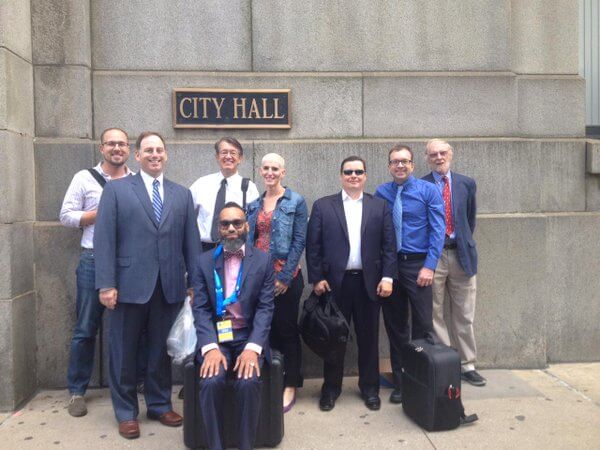
In June, licensed drone pilot Jerrick Hakim flew his DJI Inspire 2 for one solitary flight on Chicago’s lakefront. A slow, cinematic flight, the drone flew above Lake Michigan perhaps several hundred feet from shore. After about 15 minutes, the professional photographer landed his drone next to the lakefront walking path, walked to his car nearby and proceeded to leave the lakefront parking lot. That’s when the cops arrived.
With pilot license in hand from the FAA, Mr. Hakim answered the police officers’ questions. He even showed them a copy of the Chicago Drone Ordinance, pointing to the section that said the ordinance did not apply to those flying with permission from the FAA. He was, after all, a licensed drone pilot. He flew safely, briefly, and had nothing to hide.
Based on a radio call from Chicago Fire Department personnel that a drone was in the area, the Chicago Police stopped him in his car. But why was he stopped? According to documents obtained through a FOIA request, when the police officers arrived they observed a heavy presence of pedestrian traffic on the lake path and surmised Mr. Hakim must have been flying over people. So they issued him a ticket.
They later wrote in the police report that the heavy pedestrian presence “made it impossible to not operate the drone directly over people without their consent.” Except, of course, for the fact that Mr. Hakim had not flown over any people, and no witnesses said that he had. And of course, the police officers themselves never observed any part of the drone flight. Their observation of pedestrian traffic on the lakefront path? That was some time after the flight had occurred, and they were in the parking lot a distance away from the drone’s takeoff and landing point. Despite his cooperation, FAA drone pilot’s license, and no witnesses stating he flew over anybody, Mr. Hakim was issued a ticket under the Chicago Drone Ordinance for violating Section 10-36-400 (b)(2).
The ticket had a mandatory court appearance in about one month. This was doubly an unfair burden, because not only was he licensed by the FAA to fly his drone and he did not fly over any people, but Mr. Hakim lives in Wisconsin and would have to drive again back to Chicago just to go to court. He would also have to hire a lawyer, since the Chicago Drone Ordinance provides for potentially thousands of dollars in fines, seizure of the drone, and up to six months in jail.
On July 6, 2017 Antonelli Law successfully defended Mr. Jerrick Hakim, an FAA compliant and Part 107 licensed commercial drone operator, from the City of Chicago. The city prosecuted the licensed drone pilot for supposedly violating the Chicago Drone Ordinance. Mr. Hakim won the case, which was to our knowledge the first time ever the City prosecuted an FAA licensed commercial drone pilot.
But it never should have happened.
The Drone Case That Never Should Have Happened
The facts were on his side. Mr. Hakim never flew his small drone in a location over people. In fact, the single flight he flew in Chicago was flown over 99% of the time slowly over the lake, away from any people at all. When he took off and landed, he flew briefly over the lakefront sidewalk trail when there weren’t any people there for him to fly over. He followed the training provided during study for his FAA Part 107 small drone license. He won the case.
But while we are pleased at the outcome, Mr. Hakim never should have faced city prosecution at all. After all, it is the FAA that is responsible for policing the skies, not the City of Chicago’s beat cops. The doctrine of federal preemption prevents (or should have prevented in this case) states and local governments from regulating matters of federal law.
But besides the fact that Mr. Hakim did nothing wrong, the case is an excellent example of why local authorities should not attempt to regulate aviation, which is best left to the FAA.
We Won, But The Case Shows a Failure of National Drone Policy
This is a case that should never have been brought.
There are many reasons as to why ranging from the fact that the police have limited knowledge of aviation, to the fact that police ought to be more concerned with stopping crime on the street, especially in Chicago. But most importantly, the Chicago Drone Ordinance is largely, if not entirely, preempted by federal law. But Congress needs to make it easier for the little guy who doesn’t have the purse or pocketbook for hiring an attorney. More on this shortly, but first some law on why cities aren’t supposed to regulate flying.
In a somewhat famous US Supreme Court case (in aviation, anyway), the Supreme Court stated “The scheme of federal regulation may be so pervasive as to make reasonable the inference that Congress left no room for the States to supplement it.” City of Burbank v. Lockheed Air Terminal, Inc. 411 U.S. 624 (1973).
In fact, Congress mandated the FAA to prescribe aircraft regulations for “navigating, protecting, and identifying aircraft,” “protecting individuals and property on the ground,” and “ensur[ing] the efficient use of airspace.” 49 U.S.C. § 40103(b). The U.S. Government, though the FAA, has exercised continual and exclusive sovereignty over U.S. airspace for a long, long time. See 49 U.S.C. § 40103(a)(1).
The flying of drones, officially called Small Unmanned Aircraft, or sUAS, is a part of aviation and a matter for federal and not city law. For city attorneys not familiar with aviation or federal preemption, the FAA even wrote up a memo regarding it.
http://dronelawsblog.com/wp-content/uploads/2017/08/UAS_Fact_Sheet_Final.pdf
Congress Can Protect the People – and the Domestic Drone Industry
Fighting City Hall is very expensive and most drone pilots won’t be able to afford a legal defense. But they should not have to. Cities and towns should know with bold letters that they do not have the legal authority to do what the City of Chicago is doing with its Chicago Drone Ordinance. And its the job of Congress to make this happen.
Congress can make it crystal-clear to cities and towns across the country by including “express” federal preemption to this year’s FAA bill, the 2017 FAA Reauthorization Act. Including that as statutory language would make it so clear to cities and towns trying to regulate drone aviation like Chicago, that they will think twice before risking a litany of legal consequences including being struck down in federal court.
Are you thinking that asking Congress to include “express” federal preemption is not necessary? Think again. The City of Big Shoulders appears to believe it can pay no heed to federal law, so what about the Supremacy Clause of the US Constitution. It even promotes itself as disregarding federal law as a Sanctuary City.
Chicago is not alone. Countless states and local governmental entities all over America are busy trying to regulate our national airspace. For example, Wilmette, IL requires a permit to fly over their parks. The Village of Manhattan, IL forbids flying drones weighing at least 3 pounds to fly over 100 feet. Franklin Lakes, NJ prohibits flying a drone lower than 400 feet if above private land without permission.
Fighting City Hall Is An Unfair Fight
It is important to note that things could have gone the other way, not because of anything Mr. Hakim did wrong (he did nothing wrong), but because that’s just how the system of justice can work. Innocent people are found guilty, incur fines, and go to jail. Especially if they cannot afford competent legal representation. And attorneys fees are thousands of dollars that many people just do not have.
The Chicago Drone Ordinance says, among other things, that flying a small drone over property you don’t have permission to fly over can land you in jail for up to six months. Think about that the next time you fly Southwest out of Midway. And if you fly a toy radio-controlled airplane while using FPV goggles like some gamers use – controlling the aircraft while wearing goggles that display images transmitted from a camera mounted in the front of the model aircraft – you can be fined and go to jail under the City’s ordinance, even if flown entirely in your own backyard.
http://dronelawsblog.com/wp-content/uploads/2017/08/DronesSubstituteOrdinanceVer8.pdf
Make Congress Fix This
FAA licensed pilots are not supposed to be defending themselves in a city court for violating city aviation regulations about flight operations. That’s a job for the feds, namely the FAA.
But most people targeted by Chicago and other cities won’t be able to hire a lawyer like Mr. Hakim did.With Chicago Police enforcing the Chicago Drone Ordinance, people are afraid to fly, even in the parks. To date, the City’s Park District has failed to issue a permit to allow drone flying in the parks, despite it being nearly two years since the ordinance was passed. We know, – we recently asked the Chicago Park District about obtaining a permit to fly drones in the city parks.
Please ask Congress to fix this problem and put a stop to countless stories like Mr. Hakim’s:
“[the only way to stop this ] ever-increasing pace of improper regulation by local governmental authorities across the country [is by] by adding the legal doctrine called “express federal preemption” to the 2017 FAA Reauthorization Act. Doing so would make crystal-clear law stopping local and state governmental authorities from meddling with traditional federal regulation of our national airspace. Express federal preemption means Congress has said only the feds can regulate drone airspace. Anything less, and you have room for loopholes with local and state government lawyers arguing their side, and on the other side a weaker legal argument called implied or field preemption.”
July’s “Legal View” in Rotor Drone Magazine, by Jeffrey Antonelli
Nothing in this article is legal advice. Consult an attorney for your circumstances.
The lawyers representing Mr. Hakim from Antonelli Law were Antonelli Law founder Jeffrey Antonelli and co-counsel Gary Weiss.
Jeffrey Antonelli – Head of Antonelli Law Drone/UAS Practice Group


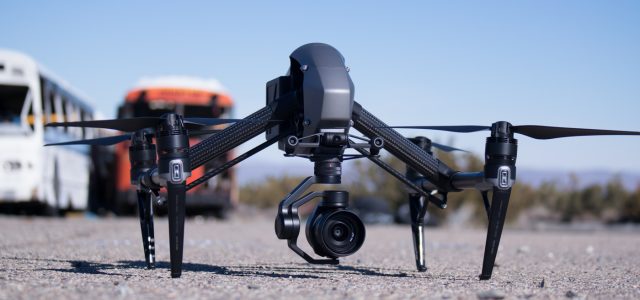










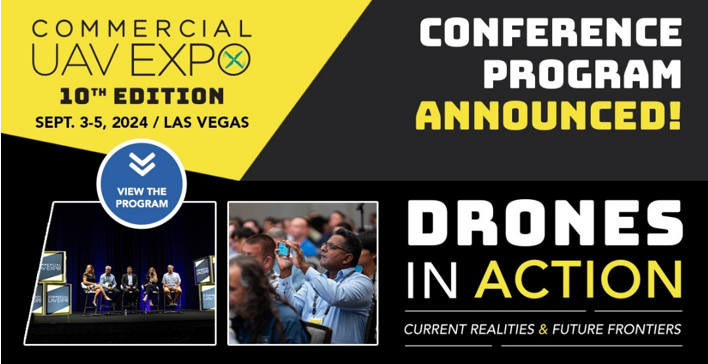

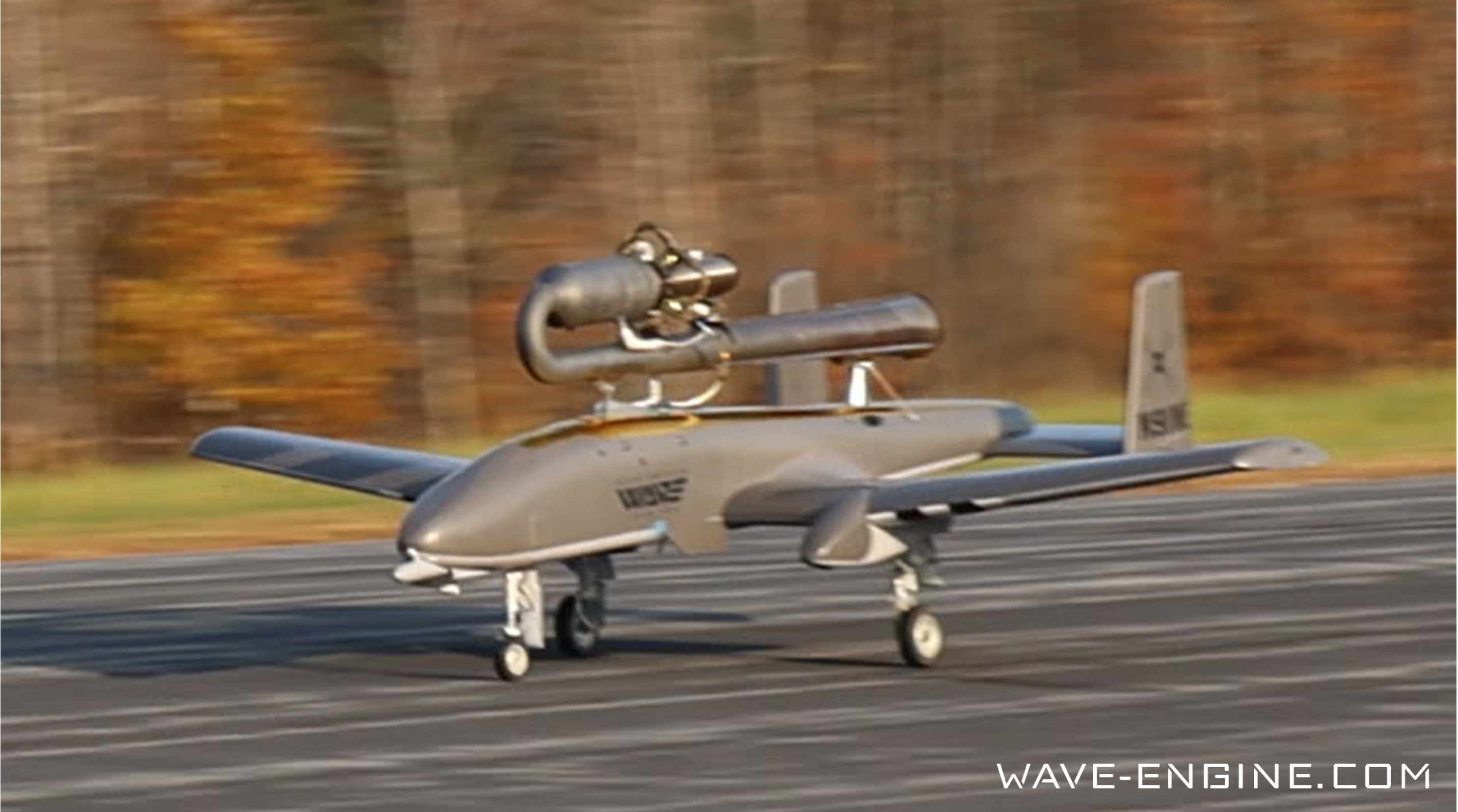
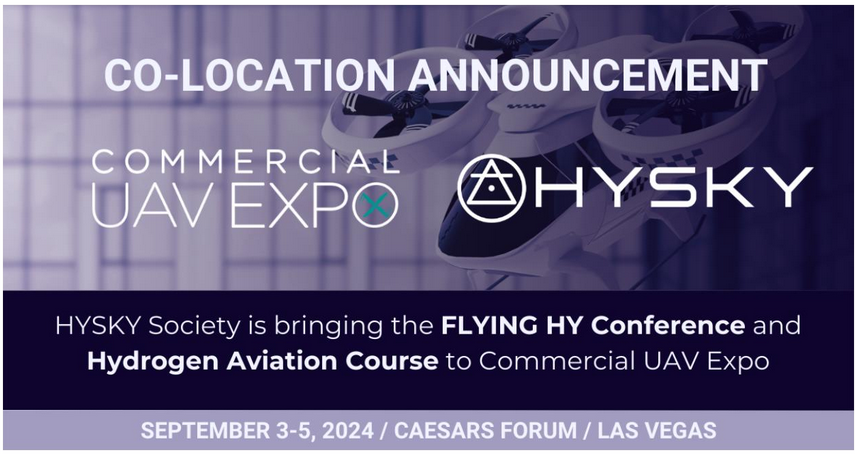
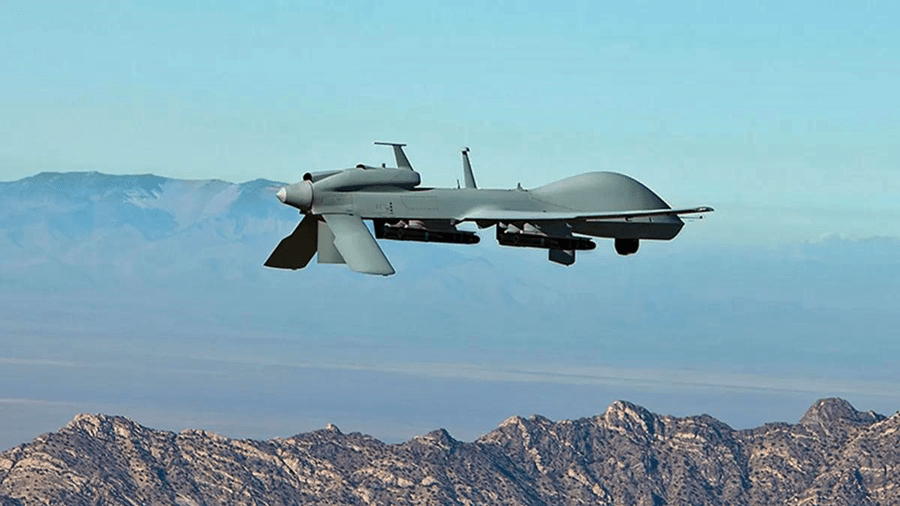


ok I’m going to try again and re subscribe. it irritates me to no end that WALMART has this mag for sale 1 and 2 weeks before I even see mine, how is that? so I hope shipping gets better if not ill do something else. thank s
Congratulations! Great win against municipal overreaching and police ignorance
Mr. Antonelli
Would it be illegal for a sUAV pilot to hire a lawyer on retainer in case he runs afoul of a City/County/ect violation? What about hiring a lawyer with knowledge of committing a crime before you commit the crime? Like flying your sUAV.
Even if you’re a 107 or hobby flyer? I have ran into that question before and was told I can only hire a lawyer after the fact or else it’s premeditation. I call it covering my ass, but how would the law see it now?